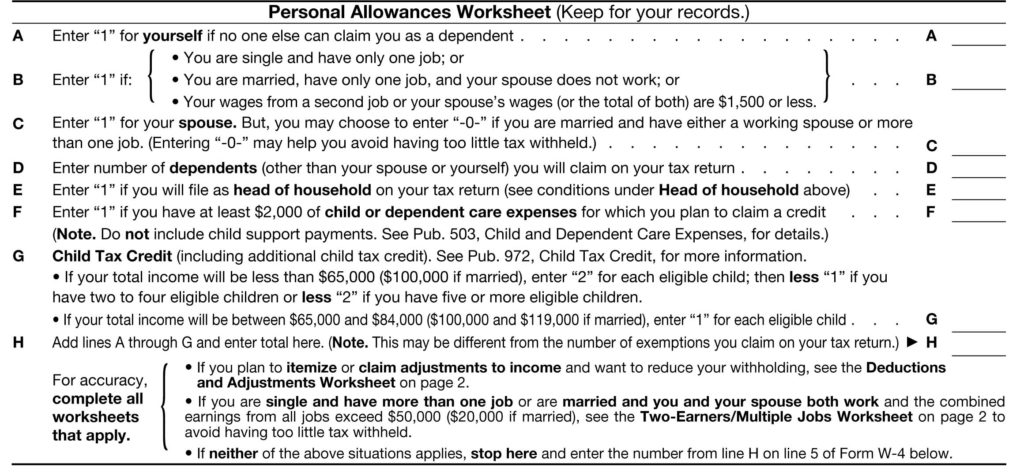While taxes may be the last thing on your mind when going through a divorce, these events can have a big impact on your income. Alimony and a name or address change are just a few items you may need to consider. Here are some key tax tips to keep in mind:
- Child Support. Child support payments are not deductible and if you received child support, it is not taxable.
- Alimony Paid. You can deduct alimony paid to or for a spouse or former spouse under a divorce or separation decree. Voluntary payments made outside a divorce or separation decree are not deductible. You must enter your spouse’s Social Security Number or Individual Taxpayer Identification Number on your Form 1040 when you file.
- Alimony Received. If you get alimony from your spouse or former spouse, it is taxable in the year you get it. Alimony is not subject to tax withholding so you may need to increase the tax you pay during the year to avoid a penalty.
- Spousal IRA. If you get a final decree of divorce or separate maintenance by the end of your tax year, you can’t deduct contributions you make to your former spouse’s traditional IRA. You may be able to deduct contributions you make to your own traditional IRA.
- Name Changes. If you change your name after your divorce, be sure to notify the Social Security Administration. File Form SS-5, Application for a Social Security Card. You can get the form on SSA.gov or call 800-772-1213 to order it. The name on your tax return must match SSA records. A name mismatch can cause problems in the processing of your return and may delay your refund. Health Care Law Considerations.
- Special Marketplace Enrollment Period. If you lose health insurance coverage due to divorce, you are still required to have coverage for every month of the year for yourself and the dependents you can claim on your tax return. You may enroll in health coverage through the Health Insurance Marketplace during a Special Enrollment Period, if you lose coverage due to a divorce.
In addition to the above, changes in your health insurance policy or income and family size can impact any advance payments you may be receiving with the premium tax credit. It’s important to fully understand the tax implications that a divorce decree may have on your overall tax picture.
If you have any question, leave them in the comments below!

